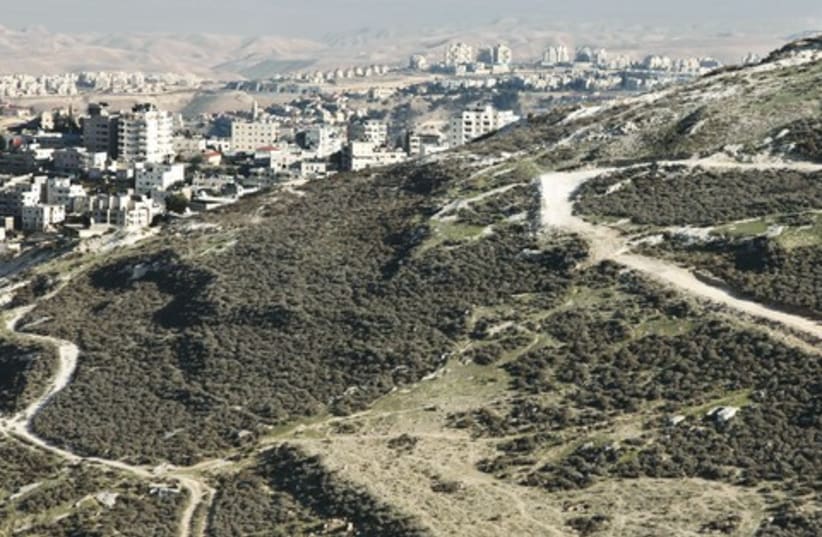Local priorities The Construction and Housing Ministry decided to include large families with non-working parents (not only haredim) in the criteria to be eligible for special conditions for buying homes. The change to this by the City Council rules that young families (with parents up to 41 years old who both work and have university degrees) will receive priority on a tender for affordable housing within the city. The decision is to be implemented soon, with the publication of a tender to build 42 small affordable apartments in the Baka neighborhood. “Affordable housing is key to keeping young and productive families in Jerusalem,” said Mayor Nir Barkat upon presenting his proposal to the vote of the city council this week. The tender deals with a plot belonging to the municipality on Gad Street, which has an approved plan to build 42 units – 4,700 square meters overall. This project will go public according to the rules of affordable housing, which enables the lowest prices available through a tender offer to private entrepreneurs, who will have to build at a low cost. The whole project will be managed and presented to the public by the Jerusalem Development Authority.
Say it in Hebrew – or Sami On February 21, the world marked International Mother Tongue Day. One could think that in Israel, Yiddish or Ladino would be at the center of attention on such a day, but here is a surprise: At the Hebrew University, a delegation from Lapland came to learn how to preserve and rehabilitate an ancient mother tongue that hasn’t been used for quite some time. The ancient Lapland language, Sami, has been dormant, but now there is demand to revitalize it. The delegation met with Hebrew University President Prof. Menachem Ben-Sasson, who assured his guests that a century ago no one believed that Hebrew could become a living language again. The delegation members visited an ulpan to learn the most efficient ways to teach their people their own forgotten mother tongue.Greening the city A “green week” is being planned by the municipality to promote green construction projects, recycling construction debris and encouraging energy saving in future construction projects in the city. The program is a joint venture of the municipality and Ecoweek. Athens Mayor Yorgos Kaminis will be the guest of honor for this project, joined by architects and students of architecture from Israel, Poland, Germany, Canada, the US, Italy, Greece, Turkey and the Palestinian Authority. The project, which will propose a few workshops along Jaffa Road, will run through this week and hopes to promote the city as a leading green-planning center to inspire other cities around the world. According to green environment experts, up to 40 percent of the pollution in large cities comes from construction projects which do not adhere to green principles. More details can be found at
Go east The roads and infrastructure in the east side of the city are getting special attention. Transportation Minister Yisrael Katz and Barkat announced earlier this week the launch of a budget of NIS 500 million to be invested in east Jerusalem roads. The plan will run for five years, beginning this year, and will invest NIS 50m. per year on new roads, renovating existing ones, and improving accessibility to all streets and roads in the eastern neighborhoods.On top of this, NIS 200m. will be invested in construction of peripheral roads to alleviate traffic on Road No. 1, which is the only access point from the west to the eastern neighborhoods. An additional NIS 20m. will be invested this year in renovating the sidewalks and maintenance of the roads that give access to Wadi Joz and Beit Hanina. The plan was announced at a joint press conference held by the minister and mayor earlier this week at Safra Square.
